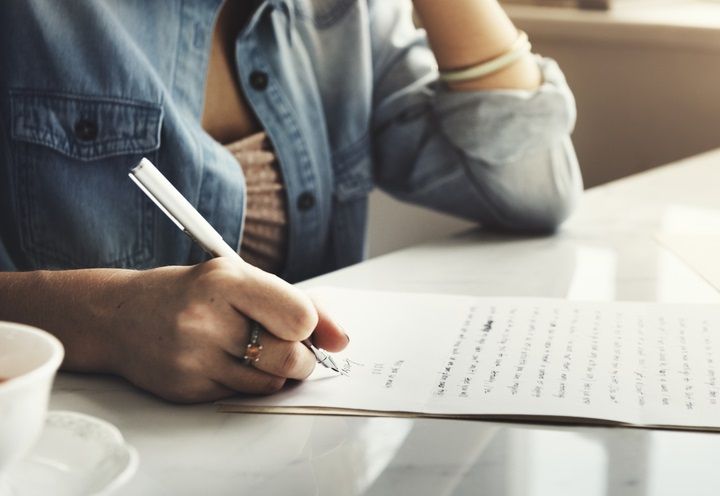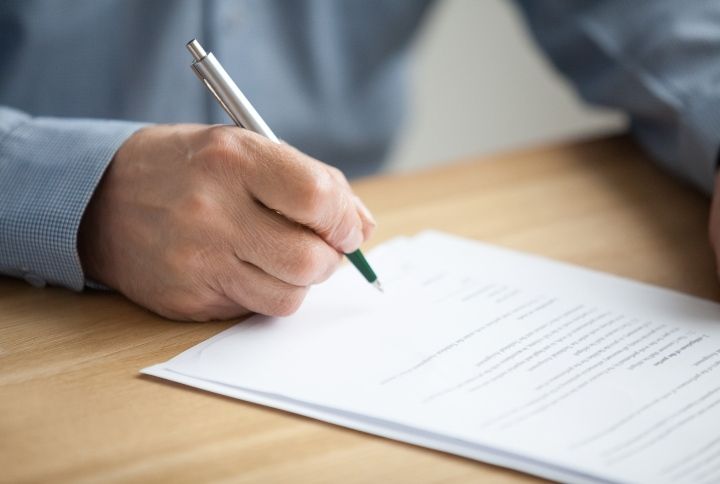A will is a legal declaration a person makes about the way they want their assets managed or distributed after their death. As promised, Maithili Parikh, Counsel at Bombay High Court and an alumna of Harvard Law School, continues to answer some common questions people have when it comes to creating a will.
*This is not meant to be legal advice but is general information for a reference point. This should not and cannot be construed as legal advice or applied to your individual context.
Q1. What assets can be covered by a will?
You can only put into a will all of your own property, for example X cannot put in his will property belonging to Y. All your movable and immovable assets can be covered by a will. Some examples are real estate property, fixed deposits, money in bank account(s), securities, bonds, retirement benefits, art collection, electronics, furniture, holiday homes, precious metals (for example gold, silver, etc.) and stones, jewellery, brand names/ trademarks and intellectual property rights.
While wills generally deal with the bulk of your assets, there are a few items that are not covered by it. These items include community property, proceeds from life-insurance policy payouts, retirement assets, and assets owned as joint tenants with rights of survivorship, and investment accounts that are classified as “transfer on death.”

Q2. Who is an executor of a will?
The executor of a will is the person who will oversee the whole process of carrying out your wishes and directions provided in the will. An executor can be any person who is not a beneficiary in the will, or any trusted person such as a family friend, a lawyer or a chartered accountant.
Q3. What happens if I don’t appoint an executor?
If you don’t appoint an executor, a court will appoint an ‘administrator’ to carry out the responsibilities of the executor.

Q4. How to choose an executor for your will?
The executor you choose is very important because it is he/she who ensures that your wishes are carried out according to whatever directions you have given in the will. It can be anyone you have complete trust in such as a family friend, relative, friend, lawyer or chartered accountant. In the will, you must mention the name, age, address and relation of the executor to you. It is preferable to choose an executor who lives in India because it can be tough for an executor outside the country to carry out the required process. An executor has to be above the age of 18 years as well. You can also choose multiple executors or a substitute executor in case the original executor dies before you or does not take on the role of executor.

Q5. Do you need a lawyer to make a will?
No, you do not need a lawyer. You can write your own will, but all the requirements mentioned have to be kept in mind. However, it is recommended that you use a lawyer to help you especially where you have significant assets or a complicated plan to distribute your wealth and assets after death.
Q6. Who can be a witness to the will?
Anyone who is above 18 years of age and of sound mind can be a witness of the will. It is generally recommended that the witness should not be a beneficiary under the will, i.e. should not be one of the persons inheriting something from it. The witness does not need to read the contents of your will.

Q7. How do you validate a will?
A probate is the way in which a will is validated. The probate is a copy of the will certified by a court. The executor has to file for probate in a court. If all goes well, the probate takes about six months to a year. A person will only own the property given to him/her under a will after a court has granted the probate of it.
Q8. Where should you store a will?
Make sure you store your will in a safe place. Copies, if made, should be stored separately from the original will. A safe place could be your lawyer’s office (if you are using a lawyer and he is providing this service), your safety deposit box at the bank, your personal safe deposit box at home, or any other place you think it can be stored safely.
Q9. Are handwritten wills legal in India?
Yes, the handwritten wills are legal in India. However, they need to be legible and should have all the essentials of a valid will. These essentials are the presence of an intention for the handwritten document to be a will, your details (person writing the will), details of the assets, details of beneficiary/ beneficiaries, details of the executor, and your signature in presence of two witnesses.

Q10. What are some common mistakes that should be avoided?
Some common mistakes are that should be avoided while drafting a will are as follows.
- Not being specific about the assets.
- Not making alterations to the will after a change in the status of assets.
- Not making declarations to revoke the previous if you are making a new will.
- Using complicated or technical legal terms, which can cause confusion and further complications.
- Not using simple and precise language.
- Passing on tenancy rights—if you are a tenant, you cannot pass on your tenancy to someone else in your will.
- Appointing someone inheriting under your will as the executor as well.
- Not appointing a guardian for minor children.

Q11. Can a will be challenged?
A will is generally challenged by a person’s heirs if they are not satisfied with the shares allotted to them. The common grounds for challenge are that the person making the will was not of a sound mind at the time of writing the will or that. Hence, it is pertinent to make the will specific regarding the apportionment of property.
Q12. Who gets my assets if I die without leaving a will?
If there is no will, the property will be distributed according to the personal law of the deceased. Now, what is personal law? Different communities have different laws of inheritance. But the Indian Succession Act covers all communities except for Muslims. The distribution of assets will depend on the community, the family members left behind and the distribution provided according to the law that needs to be applied.
For example, if a Hindu male passes away without leaving a will, the wife and children share the inheritance. In this category, there are further divisions.
If a Muslim male dies without leaving a will, at least two-thirds of his property must be divided among family members. A Muslim wife gets a definite share. However, the children do not get an equal share. According to Muslim law, the sons get twice the share of the daughters.
So personal law determines what will happen to your assets if you don’t leave a will behind. In this situation, it is generally best to contact a lawyer.

What would you like to know about making a will? Please share it with us in the comments below!
Join Malini’s Girl Tribe on Facebook to be a part of more such conversations!

